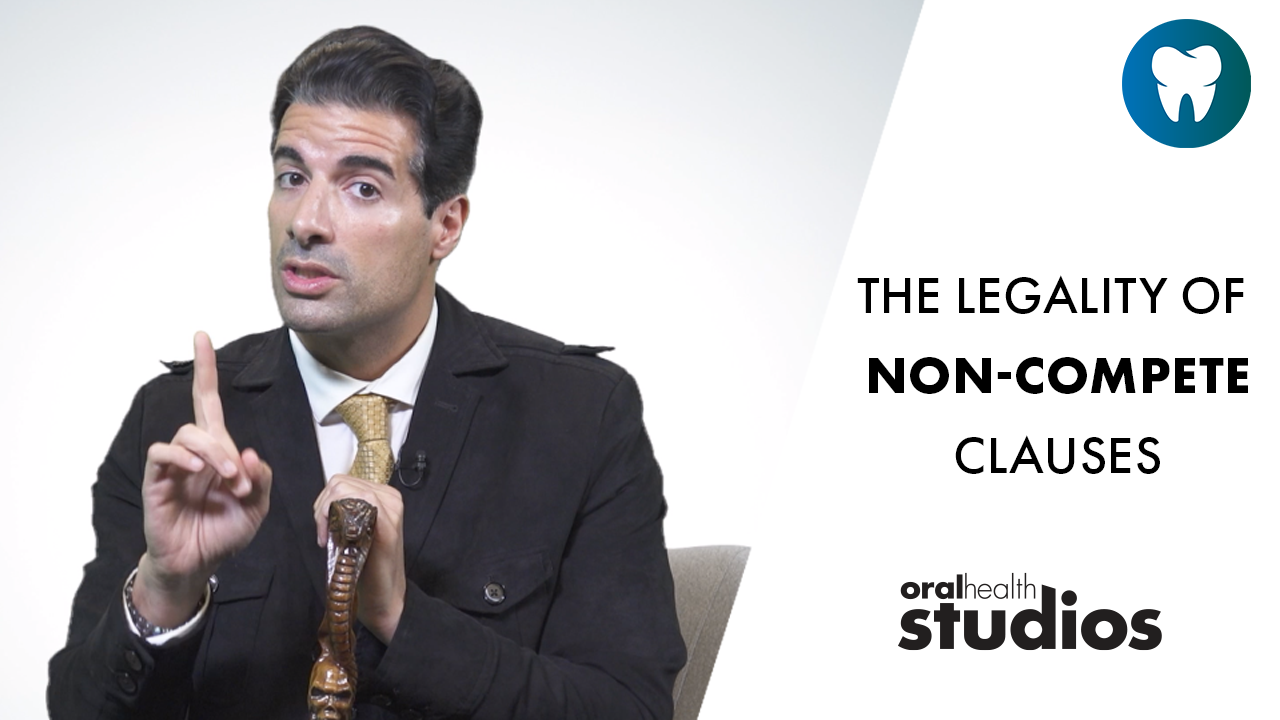After spending years nurturing your dental career/ practice, it is time to harvest the fruits of your labour. Retirement takes years of planning.
HOW DO YOU PREPARE YOURSELF?
• Plan ahead — Plan at least 2 years, but preferably 3 years, prior to the sale.
• Meet your financial advisors (financial planner, insurance agent, banker, lawyer and accountant etc.) — Agenda?
• Discuss your retirement plans
• How much money do you need to retire?
• Does your retirement nest have sufficient assets to support your retirement plans?
• What about timing of the transition into retirement? Is there a better time to sell?
• Are you selling all or a portion of your practice?
• What about the tax implications (i. e. tax bill) on the sale and retirement income?
• Do you have the right ownership structure or corporate structure to minimize your tax bill on the sale? Should any tax restructuring be done prior to the sale?
• What would you be selling — shares of your corporation(s) or assets of your dental practice? Are you and your family members entitled to the life time capital gains exemption of $750,000?
• Do you have a current will and power of attorney?
• Prepare your practice for the sale — Do you have to renovate or get new equipment prior to the sale? How do you boost your revenue? What will affect the value of your practice? Consider maximizing revenues and profit during the three year period prior to sale. These years will greatly determine the value of your dental practice.
• Valuation — What is it really worth to the purchaser? Have your practice and/or your dental building appraised by independent parties (i. e. practice and real estate broker). The appraisal will substantiate your asking price as well as the price allocation. This will facilitate negotiations.
• Avoid equipment leases which contain large prepayment penalties; the buyer may not want to assume equipment leases resulting in vendor paying large penalties.
• Retiring Allowance — Any employees including spouse, etc. who have worked at your office prior to 1995 might qualify for a retiring allowance. The allowance amount is tax deductible while the employees/recipient might pay no immediate tax on the income.
• Sale terms — do not sign any agreement without your advisors’ review. Do you, the vendor, have any liability after you sell the practice?
Associate Agreement — Negotiate your associate agreement if you intend to work with the new owner. The agreement should specify the weekly schedule (i. e. day and hours), potential holidays and the associate fees (percentage). Consult your legal advisor on the non competition or solicitation clause.
• Building — If you or any related person owns the dental building but you are not selling the building at this time, you should check with a local reality agent regarding the going market lease rate for your building and then secure a lease agreement with the purchaser. At times, the purchaser might ask for a first right of refusal or an option to buy the building; it is your choice to grant this option.
• Consider having your Professional Corporation (PC) pay for and deduct contributions to your retirement via an Individual Pension Plan (IPP). This strategy could also reduce excess cash inside your PC.
• Consider having your spouse and/or children as shareholders of your PC. This may multiply the capital gains exemption of $750,000. i.e. you may be able to sell your PC and avoid income taxes on the gain.
• Ensure you have a premises lease with a term and renewal options totaling at least seven years as the banks will need this in order to finance the purchase. Ensure that your premises lease does not contain a demolition clause, i.e. the landlord can demolish premises.
• Ensure you have an associate agreement with your current associates which contains a reasonable non-solicitation/ competition clause as this preserves your practice’s value.
David Chong Yen, CFP, CA of DCY Professional Corporation Chartered Accountants, has completed the CICA In-Depth Tax Courses and has been advising dentists for decades. Additional information can be obtained by phone (416) 510-8888, fax (416) 510-2699, or e-mail david@dcy.ca.www.dcy.ca. This article is intended to present tax saving and planning ideas and is not intended to replace professional advice.









